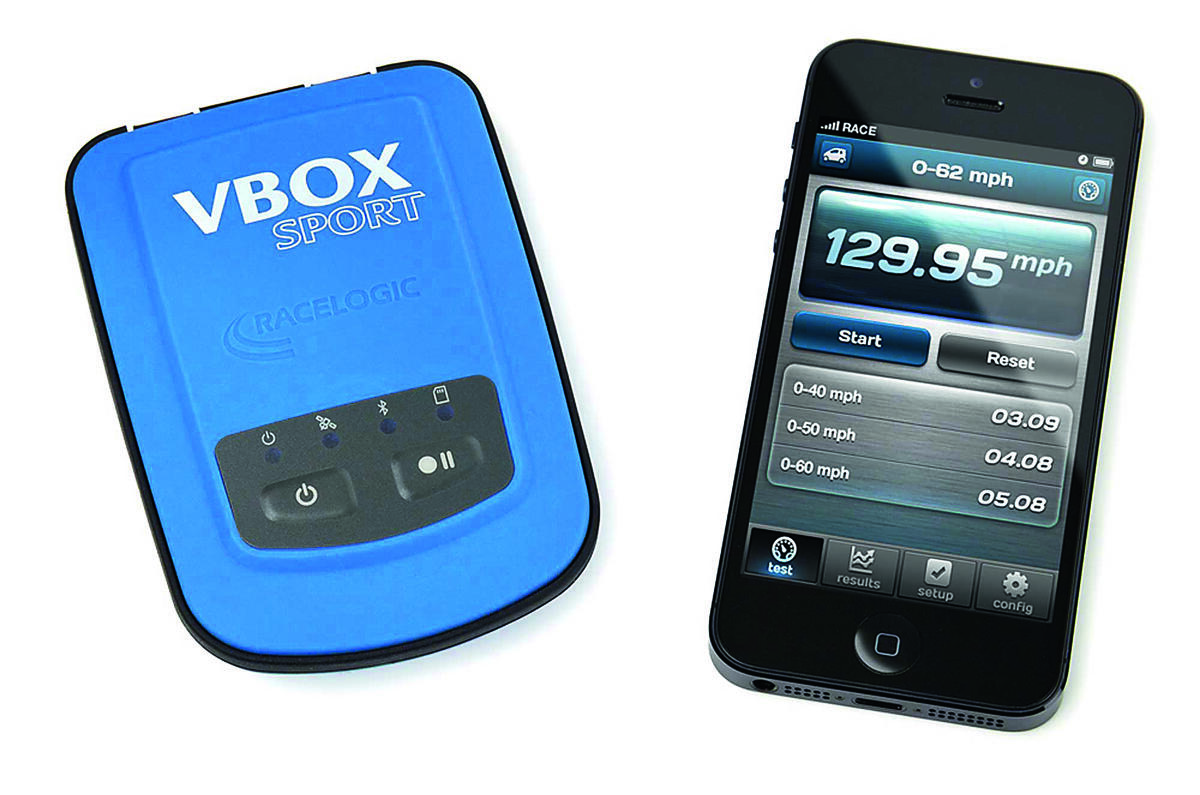When wizened former road testers see the modern data logging equipment we use to test cars, they’re prone to stroking their beards and telling us how easy we have it. I won’t admit it to them, dear reader, but I will to you: sometimes they have a point.
There was a time when obtaining road test performance figures was a bit of a faff, mostly because of the equipment involved. Early road tests needed force gauges to test handbrakes; there were margins for error when calculating acceleration using the rev counter and a stopwatch, and when somebody eventually invented a way to accurately measure road speed and log the data, things didn’t get much easier.
Have you heard of a fifth wheel? It was, as its name suggests, a wheel attached to a bumper or bodywork, rolling at road speed. Sensors worked out how fast that was and gave a road tester the right numbers, as long as the wheel didn’t fall off. Often it did.
I’ve never used a fifth wheel but am confident one day I’ll trip over a broken one that has been lying in the undergrowth beside a test track for decades, thrown there by a despondent road tester.
Later optical sensors were, apparently, better. Stick one of these to the side of the car and it’d shine a light to the ground, somehow – magic, possibly – knowing how fast the road beneath it was travelling, as long as it wasn’t too bright, or too dark, or too wet, or the ground too broken…
So, no, when I joined Autocar a decade ago and we were already using a GPS positioning system called a Vbox, I didn’t know how easy I had it. There was the box itself, an antenna for it (when we hadn’t broken it), a 12V power lead (or a battery) and a digital speed readout (when we hadn’t broken that lead too). Into the Vbox we plugged a memory card that would record everywhere we went within a few centimetres. Then we’d download the data afterwards. Luxury.
I have a confession, though: yesterday, it got even better. Yesterday I bought an even smaller device that I will soon try to smuggle through my expenses. It’s called a Vbox Sport and does everything that our old unit did, only better.
It’s quicker to see satellites, it’s so small that it doesn’t require a case that makes you look like a bomb disposal expert and, best of all, it talks to a smartphone app so you can see, live, a legion of data that means we no longer have to stop to check, say, acceleration or lap times. So, yeah, I’m afraid, former staff, that life has become easier still for today’s Autocar testers.








Join the debate
Add your comment
But are today's "road tests" any better as a result?
Subjective stuff
@LP in Brighton, I don't know about you, but when I drive a car, it is very much all about the subjective stuff! How a car feels, sounds, goes etc. My preference is to read about the road testers' opinions based on their experience of a car rather than get too engrossed in data that would be compiled by machinery and computers. I agree with you that there could be less emphasis on 0-60 times. They employ un-real-world techniques and the gear change up points can influence favourably/unfavourably, and subjectively, a "slower" car could actually feel faster, so I do want to hear about that for a good read. The 30-70 and 50-70 ones are far more relevant to ordinary motoring in my view, as that's what lots of us need to do when overtaking or joining a motorway. On how manufacturers test their cars, features have been run in the past, for example, you could learn about Astras/Corsa's being driven up simulated kerbs for hour on end to test longevity of suspension and steering components!
Old times